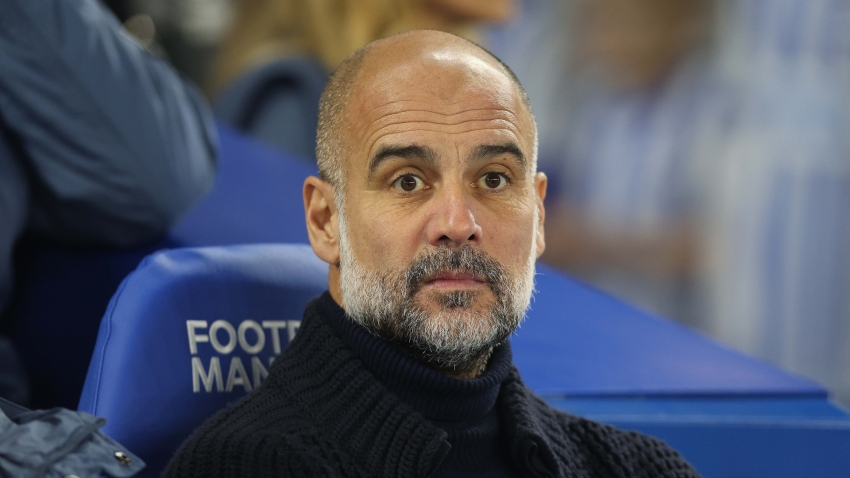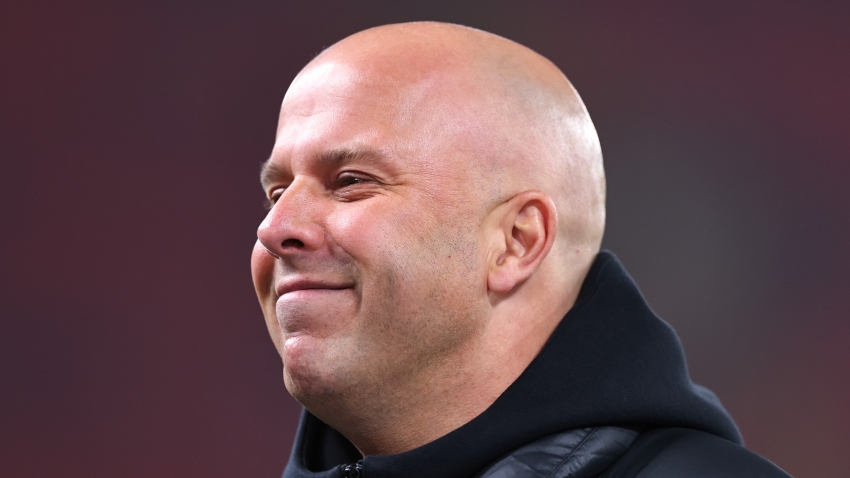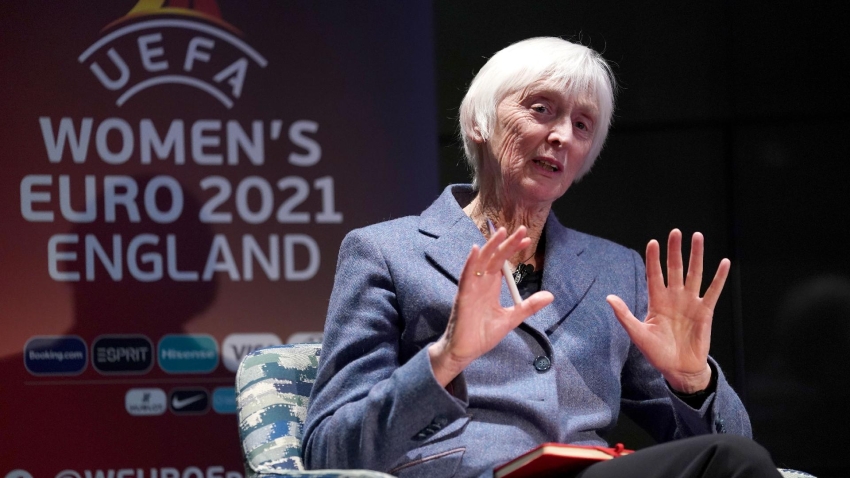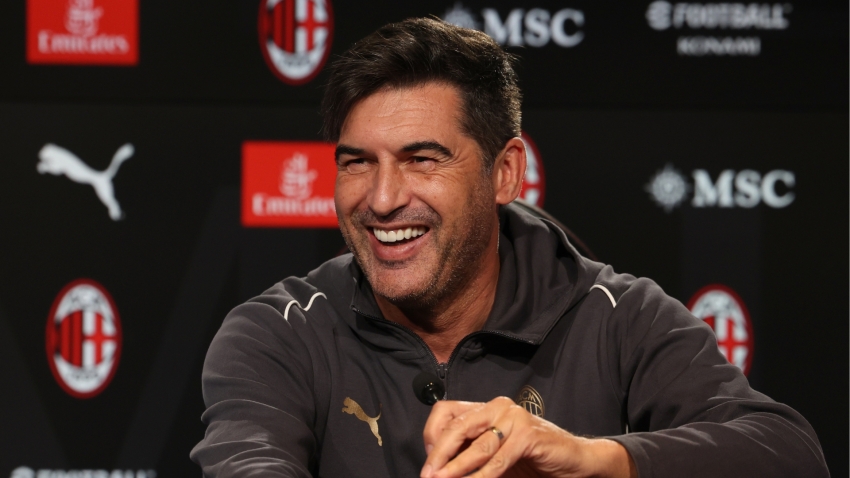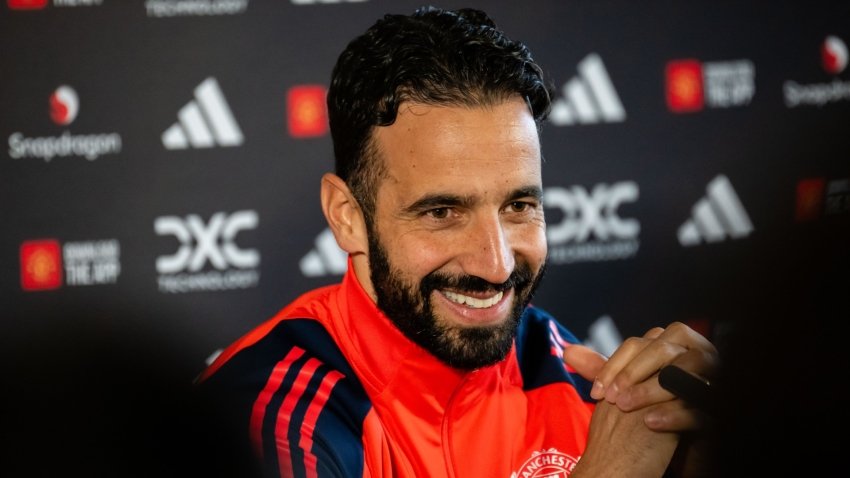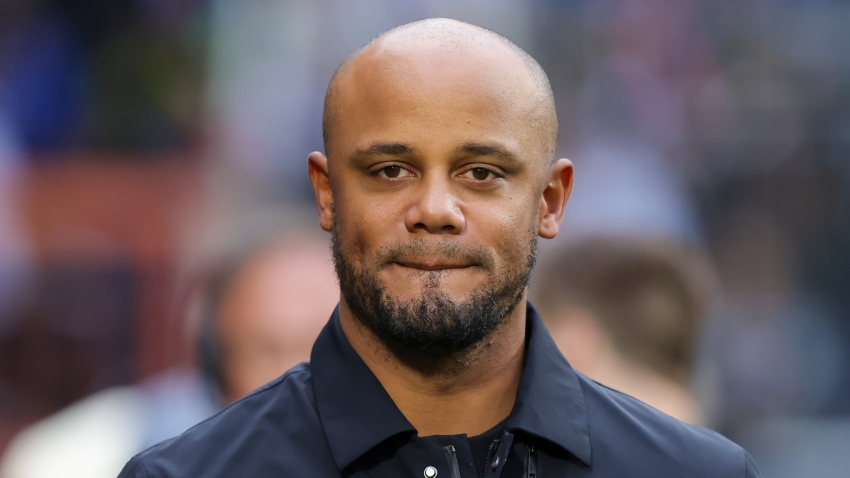Baroness Sue Campbell says diversity in English women’s football is an area in which she hopes “we’re building”.
England’s squad for their victorious Euros campaign in 2022 featuring only three players of black or mixed heritage – a figure that dropped to two for the 2023 World Cup – was something highlighted in former Lioness Karen Carney’s women’s football review published last summer.
Describing it as a “glaring reflection” of a wider issue, Carney’s review said the Football Association “should urgently address the lack of diversity across the women’s game – in both on and off pitch roles.”
Campbell, who is this year set to retire from her role as the FA’s director of women’s football, has referenced the boost there has been in access to football for girls in schools and changes to the talent pathway as she stressed that while there is “a lot more work to do”, there has been “some progress” made.
She told the PA news agency: “It’s something we take extremely seriously.
“The fact we’ve got equal access in school will give us far more young people from diverse backgrounds – whether that’s socio-economic deprivation, ethnicity, we’re beginning to get a level playing field of girls coming into our sport.
“The next thing that’s going to help them become visible on the big stages of women’s sport is that talent pathway.
“When we redesigned it, we put a lot more emphasis at the bottom end – so we’ve created a programme Discover My Talent, which is working with the Premier League and EFL Trusts, reaching into communities we would never reach.
“We’ve had over 3,000 referrals of young people that we would probably have never found.
“If Discover My Talent is the entry point for diversity, the next bit is the Emerging Talent Centres. We’ve now got 73 of them, which makes them more local, and we’ve got a fund so if a youngster is finding it difficult to get somewhere, we can now fund their transport to and from ETCs.
“And we’ve seen about 25 per cent increase in social deprivation youngsters getting into the ETCs, and 10 per cent increase in under-represented groups.
“We’re making progress. Are we satisfied and are we there? No, not at all. But we are making progress in the player world. And we’re working very hard in the coach world to identify potential coaches.
“At the bottom end of our England teams, our 15s, 16s, we’re starting to see a much more diverse representation, much more representative of the communities we live in.
“So I’m hoping we’re building. I think there’s a lot more work to do, but we are addressing it.
“It isn’t something you can click your fingers and do. Sarina (Wiegman, the England manager) can only pick the best people in front of her. If we’re not getting more people through that pathway, (it’s) impossible for her. I think we’ve made some progress, definitely.”
The FA announced last September that Campbell, who has been with the organisation since 2016, would be retiring from her role in 2024 once her successor had been appointed and joined.
The 75-year-old this week said a conclusion to the process of bringing in a new director of women’s football was “fairly close”.









